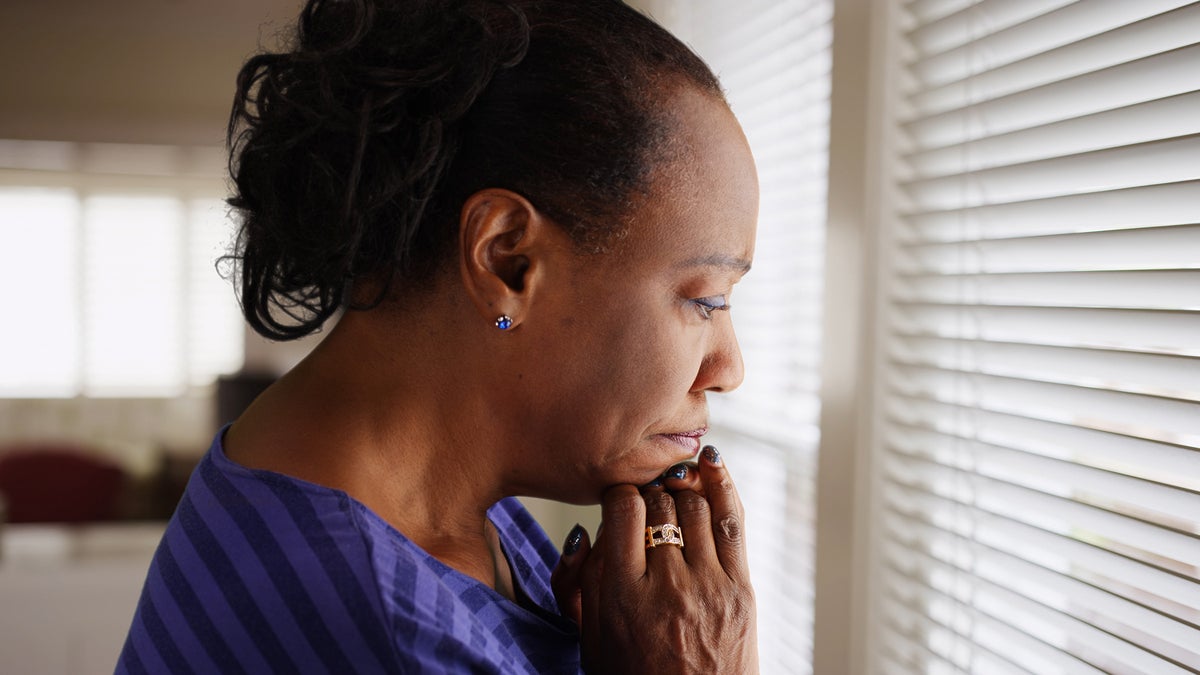Childhood trauma linked to risk of depression as women near menopause

A traumatic youth can make women more prone to depression as they near menopause. (RocketClips/Bigstock)
It’s common for women to experience depression while transitioning to menopause, but who’s most at risk? A new study shows that women who experience multiple traumatic events while growing up are more prone to depression.
Researchers at the Perelman School of Medicine at the University of Pennsylvania looked at 243 women who had been in a long-term study that began in the 1990s.
In recent years, scientists started asking these women questions from the Adverse Childhood Experiences Study Questionnaire. The ACE study found that childhood trauma can put people at higher risk for developing stomach problems, high blood pressure and other chronic problems.
“We had all of this information and were able to go back and compare people who had high levels of adversity to see what the risk was for depression — not only across the lifespan — but also, solely in the menopause window,” said lead researcher C. Neill Epperson. Emotional abuse, parents divorcing, or alcoholism in the family were the most common childhood traumas.
Women who reported two or more of these during their teen years were twice as likely to face depression during the transition to menopause. Many had never experienced depression before then.
It may have something to do with the loss of estrogen and the long-term effects of stress, Epperson said.
“We thought well, OK, maybe as long as they had estrogen, we didn’t see that they had the risk for depression,” she said. “But when they had the loss of estrogen, that’s when it unmasked the risk.”
Epperson said the research team hopes to find another cohort of women to further study how childhood experiences connect with depression later in life.
WHYY is your source for fact-based, in-depth journalism and information. As a nonprofit organization, we rely on financial support from readers like you. Please give today.

